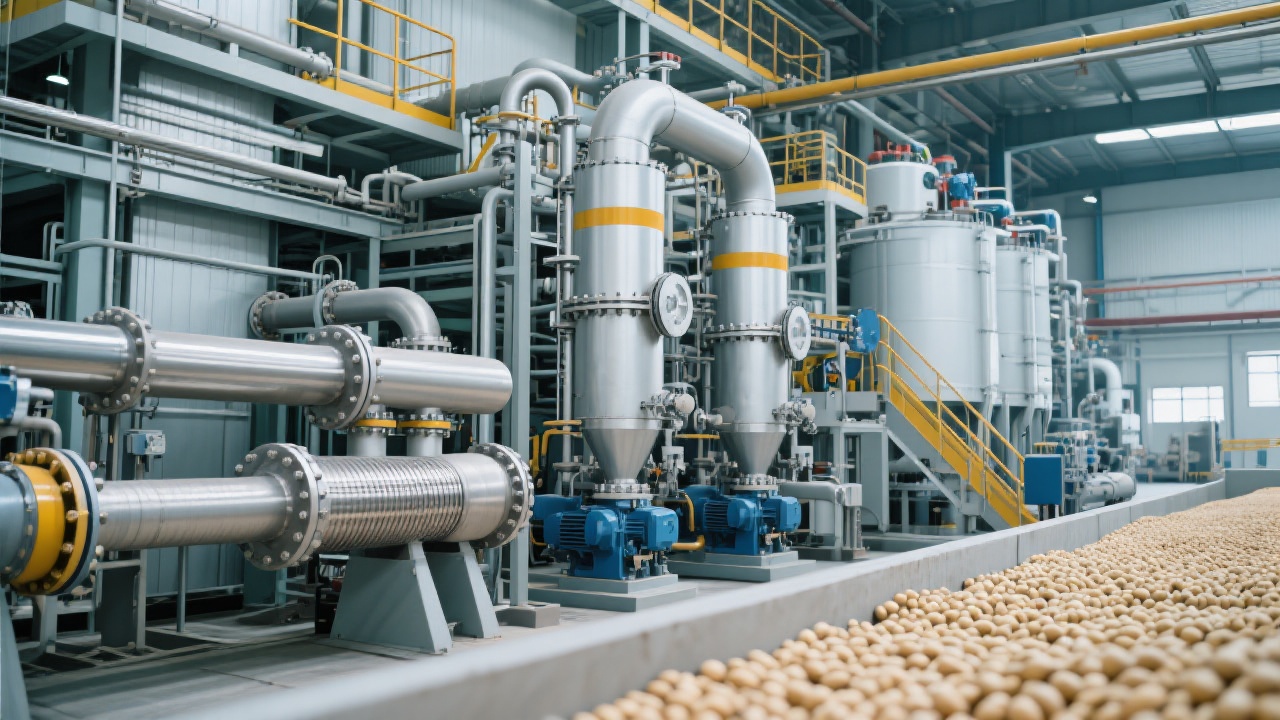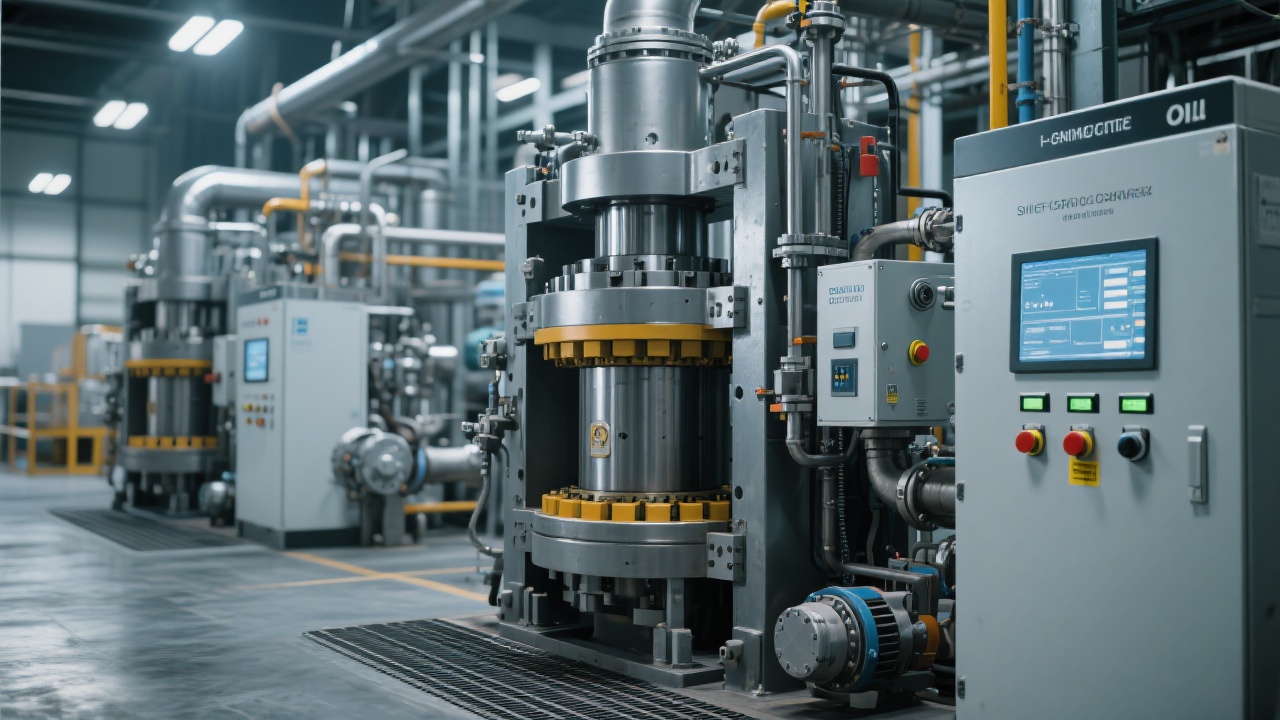
As the global food industry intensifies its focus on sustainability and environmental responsibility, the demand for sustainable vegetable oils has escalated significantly. Among the key contributors to meeting this demand, soybean oil production facilities stand out due to their advanced processing techniques and strong energy efficiency standards. These factories not only deliver high-yield outputs but also demonstrate a commitment to resource conservation and rigorous quality assurance, responding adeptly to modern market requirements.
Consumer awareness of health and ecological issues has shifted purchasing preferences toward sustainably sourced ingredients, driving manufacturers to adapt accordingly. Regulatory frameworks in North America, Europe, and increasingly in Asia reinforce sustainability through certifications and traceability mandates. According to recent industry reports, sustainable vegetable oil consumption has grown by an estimated 8% annually worldwide over the past five years, with soybean oil accounting for nearly 30% of this growth due to its versatile applications in food products.
Modern soybean oil plants incorporate multi-stage extraction and refining processes that optimize oil yield while minimizing waste. Technologies such as solvent-efficient extraction, continuous filtration, and integrated heat recovery systems reduce energy consumption by up to 25% compared with conventional methods. Additionally, automated process controls ensure consistent product quality, meeting stringent food safety standards including HACCP and ISO 22000, which are critical to international trade and consumer trust.
 Sustainable Soybean Oil Production Process Detailing Multiple Efficient Steps" style="max-width: 100%; height: auto; border-radius: 8px;">
Sustainable Soybean Oil Production Process Detailing Multiple Efficient Steps" style="max-width: 100%; height: auto; border-radius: 8px;">
The design and operation of soybean oil plants increasingly prioritize sustainable practices, including waste valorization, water recycling, and reduced carbon footprints. Many facilities implement closed-loop systems where by-products like soybean meal and hulls are repurposed for animal feed or bioenergy, maximizing resource efficiency. Furthermore, energy-saving measures such as variable frequency drives and heat exchangers contribute to lowering greenhouse gas emissions, aligning with corporate sustainability goals and global environmental targets.
Food safety remains paramount in vegetable oil production, with technological advancements enabling enhanced detection and removal of contaminants. Inline sensors and real-time monitoring systems facilitate rapid adjustments to maintain optimal parameters, ensuring compliance with international regulations. Such quality control measures not only mitigate risks but also enhance product consistency, a decisive factor for multinational food manufacturers sourcing sustainable ingredients.

Companies investing in cutting-edge soybean oil processing technologies gain a clear competitive edge. Enhanced production efficiency, reduced energy costs, and compliance with evolving sustainability certifications bolster market position and open opportunities in premium segments. Case studies reveal that factories adopting integrated automation and green technologies reported a 15-20% increase in throughput alongside a measurable reduction in operational costs within the first two years.

Looking ahead, innovation in biotechnology and digitalization is set to redefine soybean oil manufacturing. Advances in enzyme-assisted extraction, AI-driven process optimization, and blockchain-based supply chain transparency are expected to further elevate efficiency and traceability. These developments will reinforce soybean oil plants as essential pillars within the sustainable food ingredient supply chain, supporting global efforts toward carbon neutrality and circular economy models.


